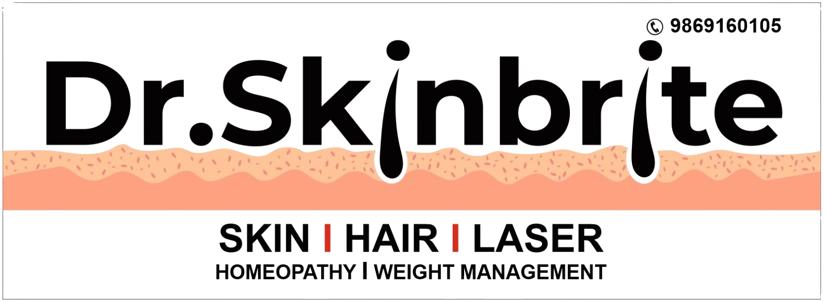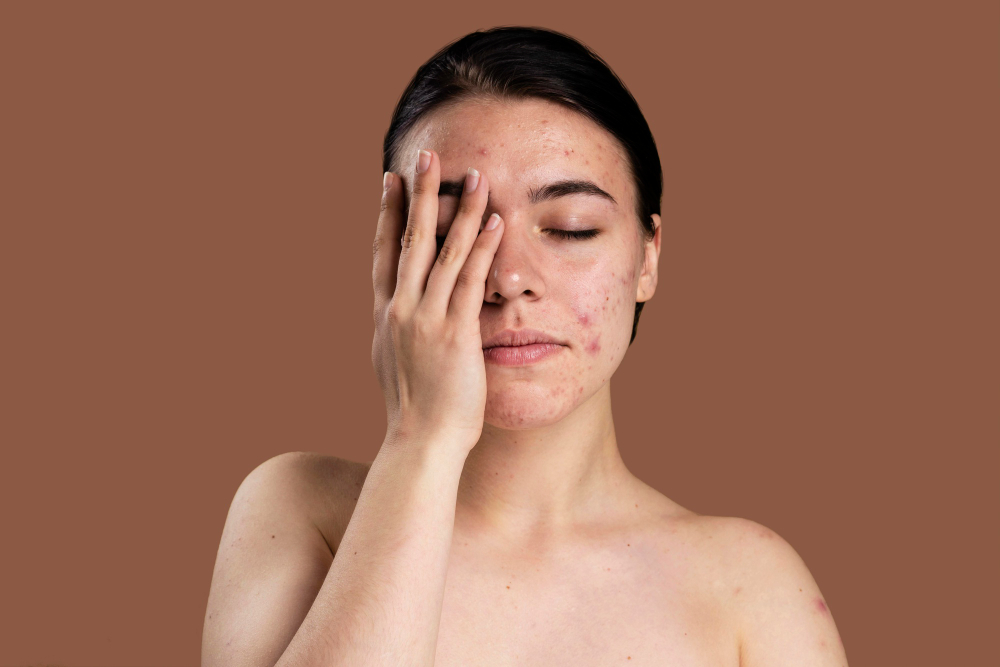What Is Active Acne?
Active acne is a skin condition where pimples, blackheads, or whiteheads are present and inflamed. Many people struggle with this problem, especially teens and young adults. Because active acne can affect self-esteem, finding the right active acne treatment is important. While acne is common, it can be managed with the right steps. Understanding what active acne is helps you choose the best acne treatments for your skin.
Common Symptoms of Active Acne
Active acne shows up in different ways. However, most people notice a few common signs. For example, you might see:
Sometimes, these symptoms can be mild. Other times, they may be severe and painful. But with the right care, you can reduce these signs.
Causes and Risk Factors
Acne happens when hair follicles get clogged with oil and dead skin. But several things can make it worse. For instance, common causes and risk factors include:
Although anyone can get acne, teens and young adults are more likely to have it. Still, adults can also develop active acne.
Diagnosis of Active Acne
Doctors usually diagnose active acne by looking at your skin. They may ask about your health and family history. Sometimes, they check if other conditions are causing the breakouts. However, most cases do not need special tests. If your acne is severe or not improving, a dermatologist can help. They will suggest the best acne treatments for your skin type.
Effective Treatments for Active Acne
Many people wonder how to treat active acne. Luckily, several options can help. For example, you can try:
Because everyone’s skin is different, what works for one person may not work for another. Therefore, it is best to talk to a dermatologist for advice on the best acne treatments. According to the American Academy of Dermatology, early treatment can prevent scars and boost confidence.
Lifestyle Tips for Managing Active Acne
Besides medicine, simple changes can help manage acne. For instance, try these acne skin care tips:
Although these steps seem small, they can make a big difference over time.
Prevention Strategies
Preventing acne is not always possible, but you can lower your risk. For example, you can:
Because prevention is easier than treatment, these habits can help keep your skin clear.
When to See a Dermatologist
Sometimes, home care is not enough. If your acne is severe, painful, or leaves scars, you should see a dermatologist. Also, if over-the-counter products do not help after a few weeks, professional advice is best. Dermatologists can offer stronger treatments and guide you on how to treat active acne safely. Early help can prevent lasting skin problems.
In summary, active acne can be managed with the right treatment and care. For the best results, consult a dermatologist for personalized acne treatment and advice.

